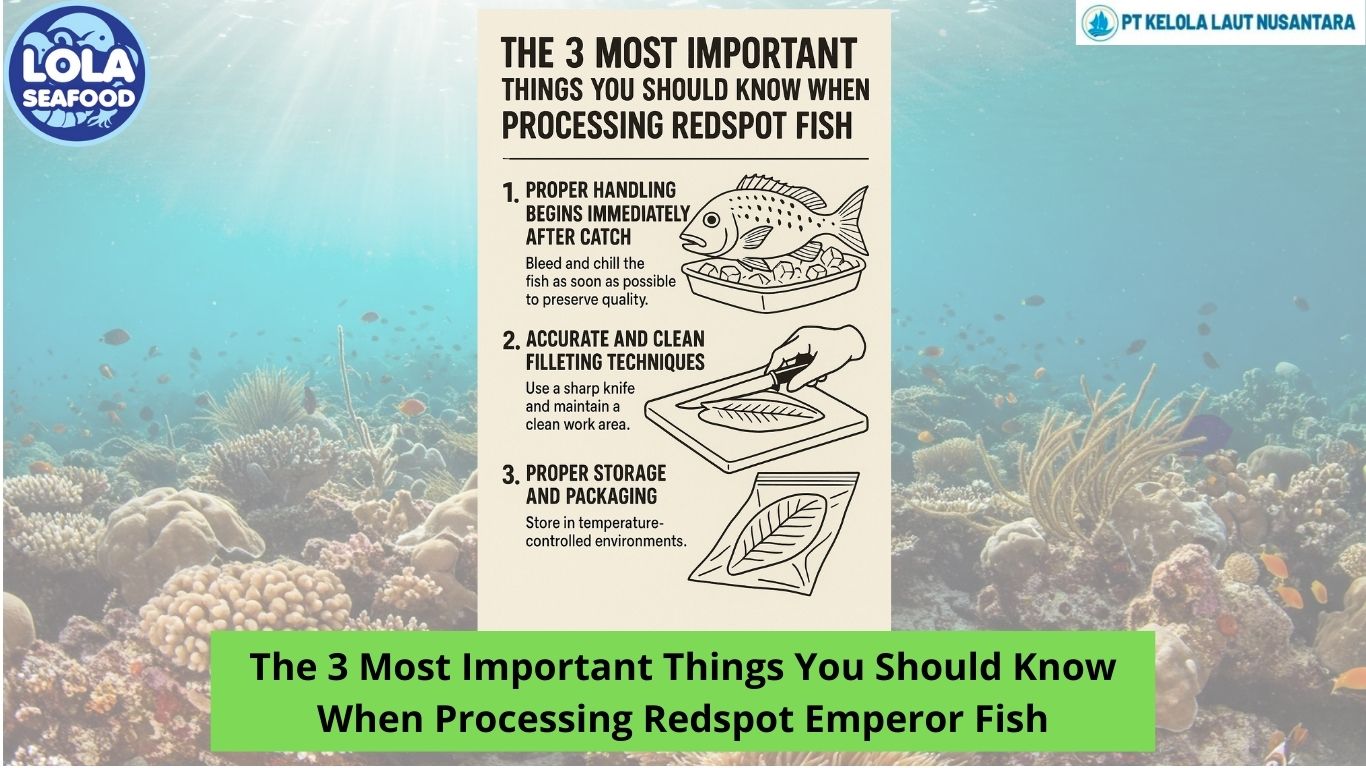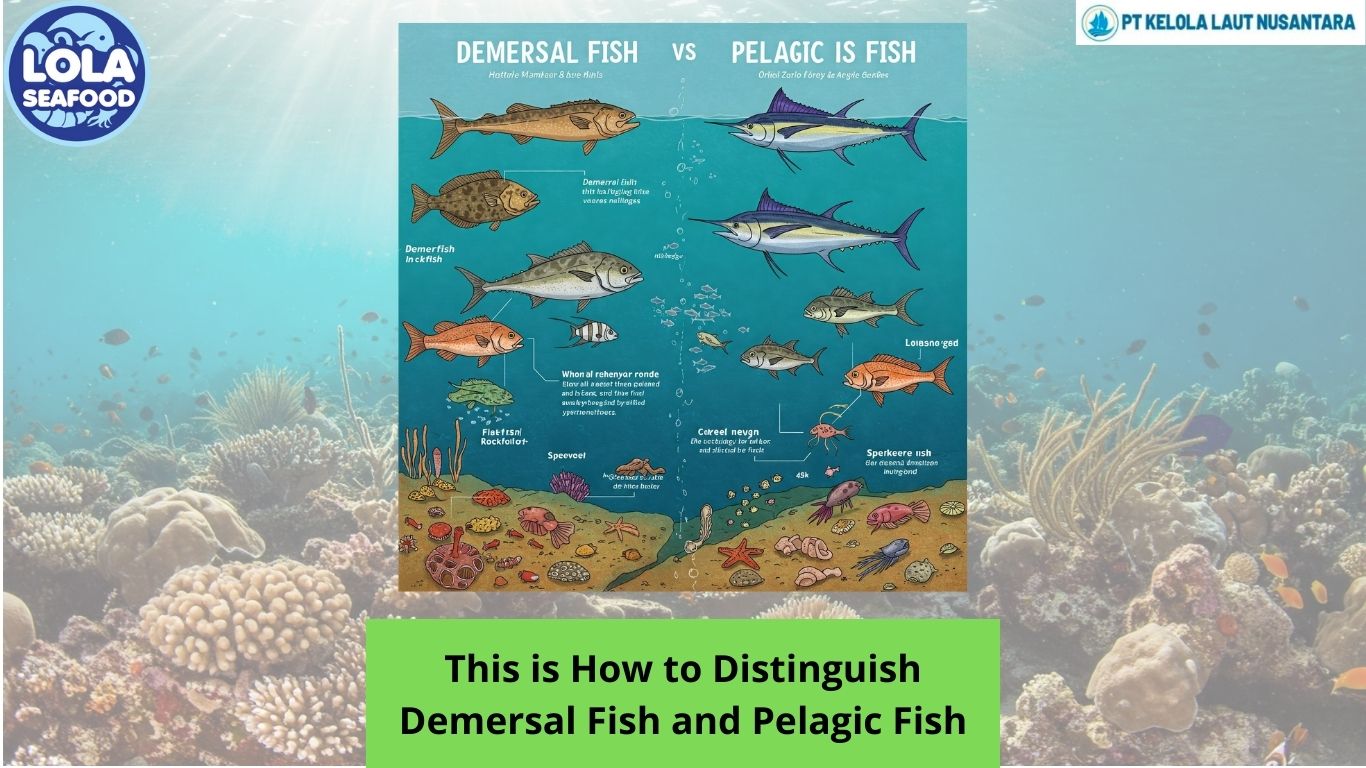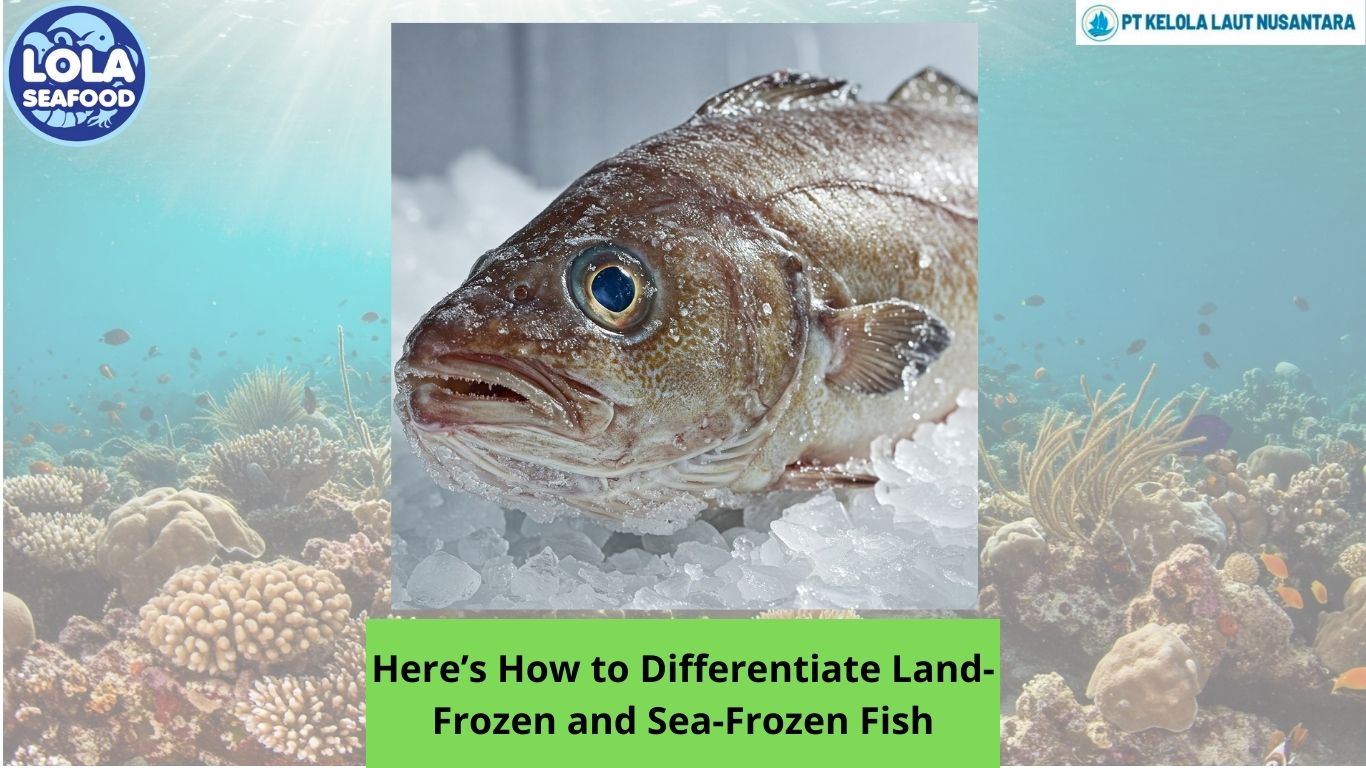Types of Fish Preservation to Extend Shelf Life
By. Nevanda - 17 Oct 2023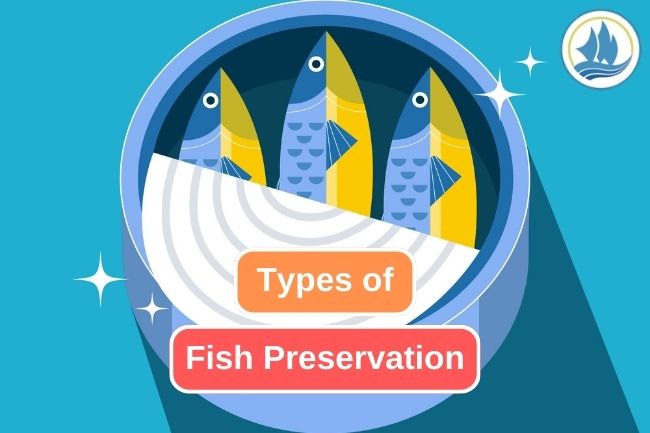
kelolalaut.com - Fish preservation is the process of keeping fish fresh and safe for consumption over a longer period of time. There are several common methods used to preserve fish. Here are some common types of fish preservation:
1. Drying
Drying is a preservation method that involves removing most of the water from the fish. This can be done by hanging the fish in the sun or by using specialized drying equipment. Examples of dried products include anchovies, salted fish, and fish crackers.
2. Pickling
Pickling involves soaking the fish in an acidic solution such as vinegar or lime. The acid helps inhibit the growth of bacteria. Examples of pickling products are spicy sour fish or marinated fish.
Read also: Disease Management in Fish Farming for Sustainable Aquaculture
3. Canning
Fish can be preserved in cans by running them in hot water to kill bacteria and microorganisms. Then the can is sealed tightly. Examples of canning products are tuna in a can or sardines in a can.
4. Preservation with Salt (Salting)
Using salt is a traditional preservation method. Salt is used to draw water out of the fish, inhibit bacterial growth, and change the flavor of the fish. Examples of salting products include salted fish and anchovies.
5. Freezing
Freezing is a commonly used method where fish is kept at low temperatures in a freezer to stop the growth of microorganisms. Frozen fish usually requires good packaging to prevent the formation of ice crystals that damage the texture of the fish.
6. Chemical Preservation
Chemicals such as sodium nitrite, sodium benzoate, and acetic acid can be used as preservatives in commercially preserved fish products.
7. Smoking Preservation
Smoke curing involves exposing fish to hot smoke for drying and flavor. Examples of smoked cured products include smoked fish or smoked salmon.
The curing method used depends on the type of fish, desired flavor, and consumer preference. Several curing methods can be used together to achieve the best results. It is important to ensure that the curing process is done safely and in accordance with food sanitation standards.
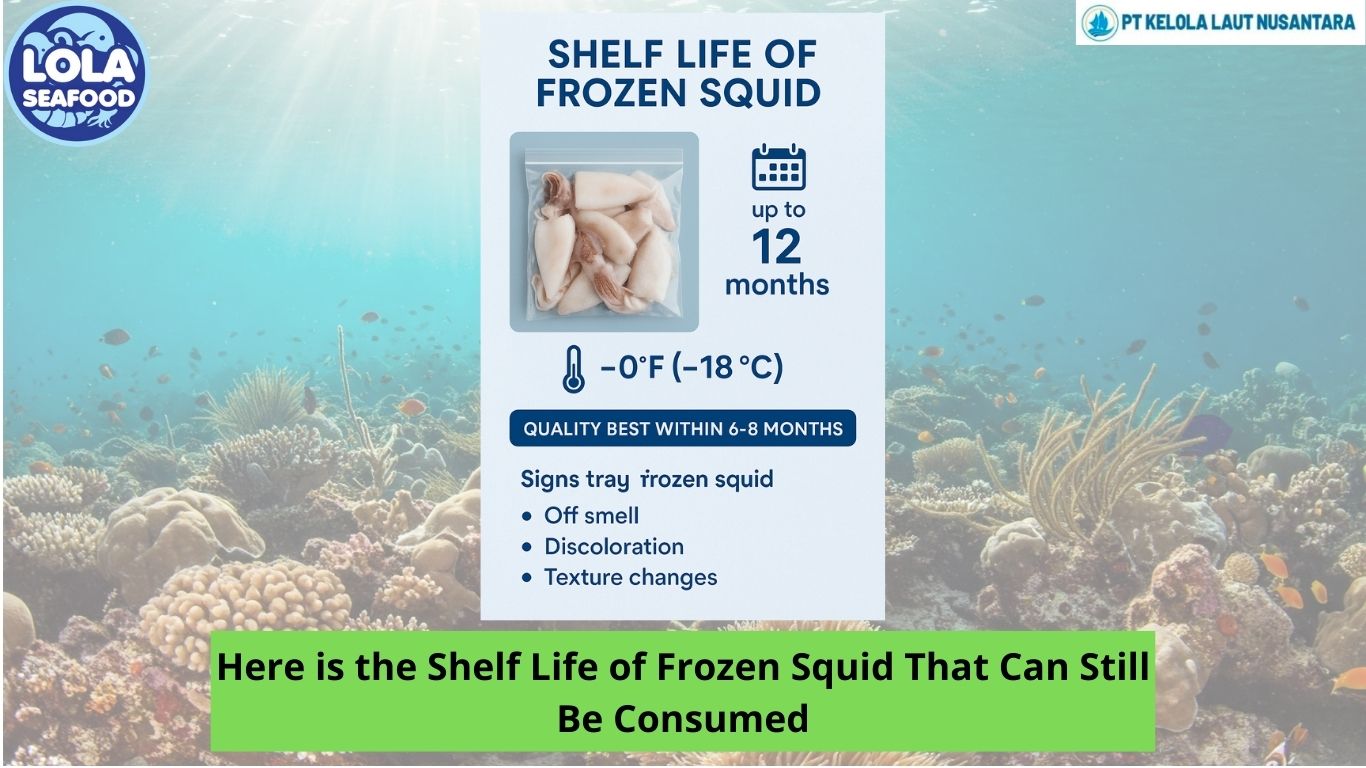
.jpg)
.jpg)
.jpg)
